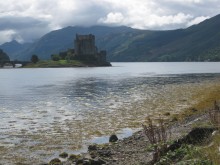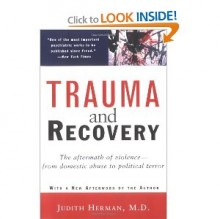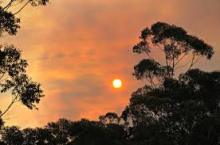 Here are quotes from six different people participating in a national consultation process:
Here are quotes from six different people participating in a national consultation process:
‘Initially, I think healing is about recognition. Recognition, both internally and externally, of self, of others and as a collective that there are ‘issues’. That there is pain. That there is anger and hurt and sadness that stems from past events. And that this anger, hurt and sadness is handed down, like an unwanted legacy, though the generations of our people. Once there is that recognition, collective recognition, of both Aboriginal and Torres Strait Islander people and of all Australians, then begins the process of healing. Healing is a change. A change of attitude, a change of behaviours that have become entrenched.’


 As some of you know, I was inspired to work in the healing trauma field in large part by Judy Atkinson’s wonderful book
As some of you know, I was inspired to work in the healing trauma field in large part by Judy Atkinson’s wonderful book  ‘Our first generations were killed and imprisoned, and females sexually misused. Our second generations turned to alcohol or drugs as their cultural and spiritual identity was damaged; in our third generations we had spousal assault and societal trauma.
‘Our first generations were killed and imprisoned, and females sexually misused. Our second generations turned to alcohol or drugs as their cultural and spiritual identity was damaged; in our third generations we had spousal assault and societal trauma. I’ve been away visiting family this weekend and haven’t had a chance to prepare a new set of blog posts for this week. I therefore thought I would re-post some of my old favourites from the past this week, which will give me time to prepare new ones for next week.
I’ve been away visiting family this weekend and haven’t had a chance to prepare a new set of blog posts for this week. I therefore thought I would re-post some of my old favourites from the past this week, which will give me time to prepare new ones for next week. 
 When I first became interested in Indigenous healing a number of years ago, I did a great deal of reading about the healing of trauma and intergenerational trauma. I summarised what I considered to be 12 principles of healing, which are relevant to Aboriginal people here in Australia and other Indigenous peoples around the world. I first posted about these principles on
When I first became interested in Indigenous healing a number of years ago, I did a great deal of reading about the healing of trauma and intergenerational trauma. I summarised what I considered to be 12 principles of healing, which are relevant to Aboriginal people here in Australia and other Indigenous peoples around the world. I first posted about these principles on  I continue with my series of blog posts relating to the factors that facilitate recovery from addiction, which I have detailed in the second last chapter of my eBook
I continue with my series of blog posts relating to the factors that facilitate recovery from addiction, which I have detailed in the second last chapter of my eBook  The aim of the
The aim of the  Recently, I read one of the best books I have read relevant to my work. The book,
Recently, I read one of the best books I have read relevant to my work. The book, 
 In more recent years, my work has in large part been focused around the healing of trauma. I set up the educational initiative
In more recent years, my work has in large part been focused around the healing of trauma. I set up the educational initiative 
 It’s hard to believe that it is over seven years ago since I launched
It’s hard to believe that it is over seven years ago since I launched 


